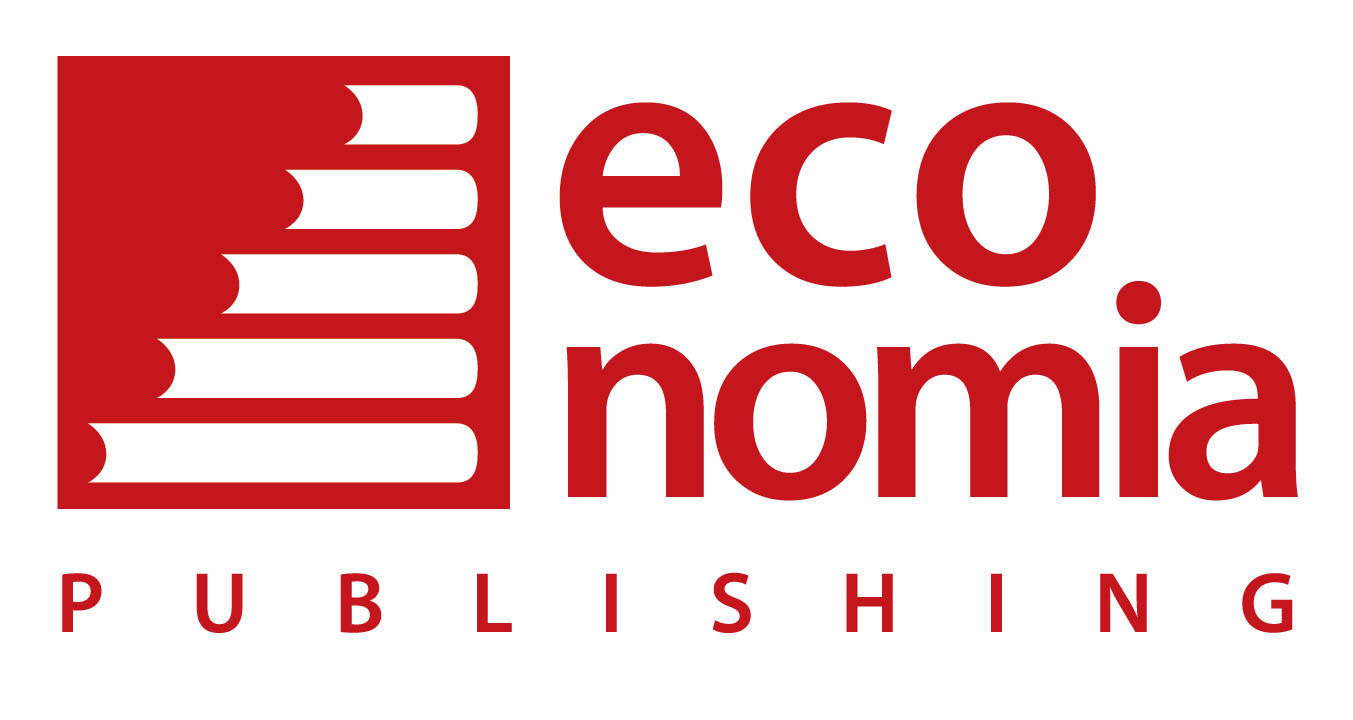Manufacturing phase-outs, investment trouble
The closing of the “Yioula Glassworks” – the last such factory left in Greece – was decided by its owner (Portuguese) conglomerate BAGlass Group. According to the BA Glass announcement, the decision is due to “persistent lack of demand” that led to increased storage costs – but the root cause, one shouldn’t be fooled, is the ever-higher energy costs of manufacturing in Greece. Family-owned Yioula was sold to BAGlass seven years ago, having managed to keep itself afloat during the Greek crisis years; its accumulated debt of more than 350 mio euros was taken over by BAGlass – this was the main driver of the buy-out. BA Glass will substitute imports from Romanian plants to cover Greek demand.
More disturbing for the future perspectives of Greek manufacturing is the fact that just weeks earlier, (British) Reckitt Benckiser – a producer of leading cleaning – brands and non-prescription pharmaceuticals – also took the decision to close down local production. This decision was taken notwithstanding the fact that turnover was growing. Also phasing out production in Greece is (American) Tupperware plastics/homeware producer; here, too, the level of debt in the balance sheet played a decisive role. Both Reckitt Benkiser and Tapperware will keep their marketing operations, but manufacturing locally will be a thing of the past.
None of these business decisions caused some kind of ripple to the prevailing narrative of economic success and the juxtaposed story of investment-led growth for Greece. (When venturing to utter doubts about the quality of such growth, one always gets the reply “Just see what the Economist and the EIU have to say about us”. When pointing to Moody’s reticence in granting Greece its much-awaited upgrade, the retort is that S&P, Fitch and lesser rating agencies have obliged with their own investment grade ratings. Of course, Moody’s based its more timid assessment on the fact that an economy based mainly on tourism and shipping has – long term – less resilience; but one shouldn’t be too demanding…).
Of higher importance, one would think, is the realization that expectations for investment growth in 2023 penned-in in the region of 15% ended with an uptick just 7%; which leaves much to be desired with this year’s renewed forecast of 15% increase. As investment stand, even with the amelioration jotted down in the recent recovery years, we stand at something lower than half of the 2007-08 period rate. The notion of “investment gap” is not a matter for economists. Greece has a 13.9% of its GDP go for investment (with an EU average at 22.2%). Moreover, as pointed out part-presciently by Costas Simits in OE March 2023 issue, investments we are priding ourselves of mainly consist in either real estate operations, or else in transferring control of existing Greek businesses (especially hotels) abroad – often with Greek banks’ financing. So, how should one be surprised when investments in real estate go up with a 20% increase, while investment in technology-based activities recedes by 12%? (But, then again, comes the restart “Just see what the Economist has to say about us”).






